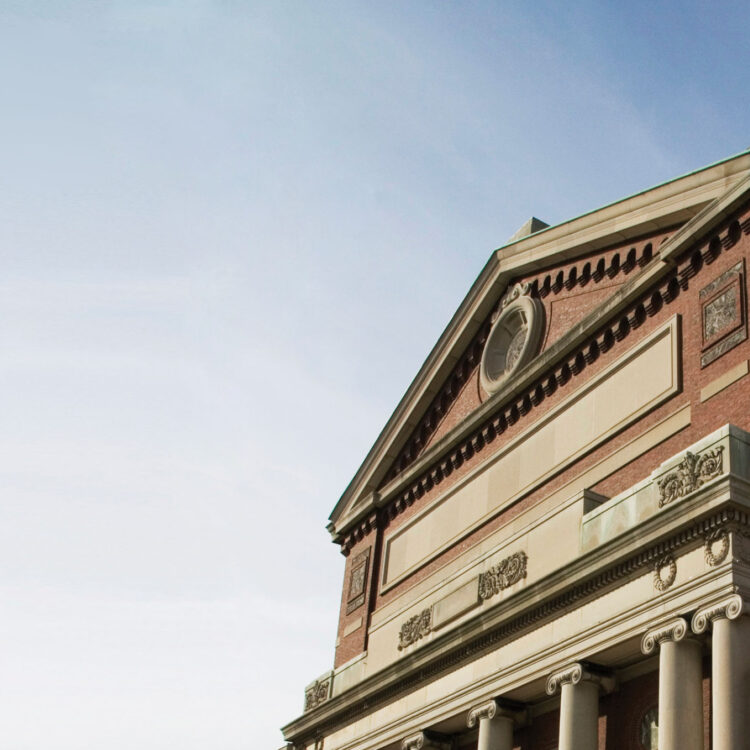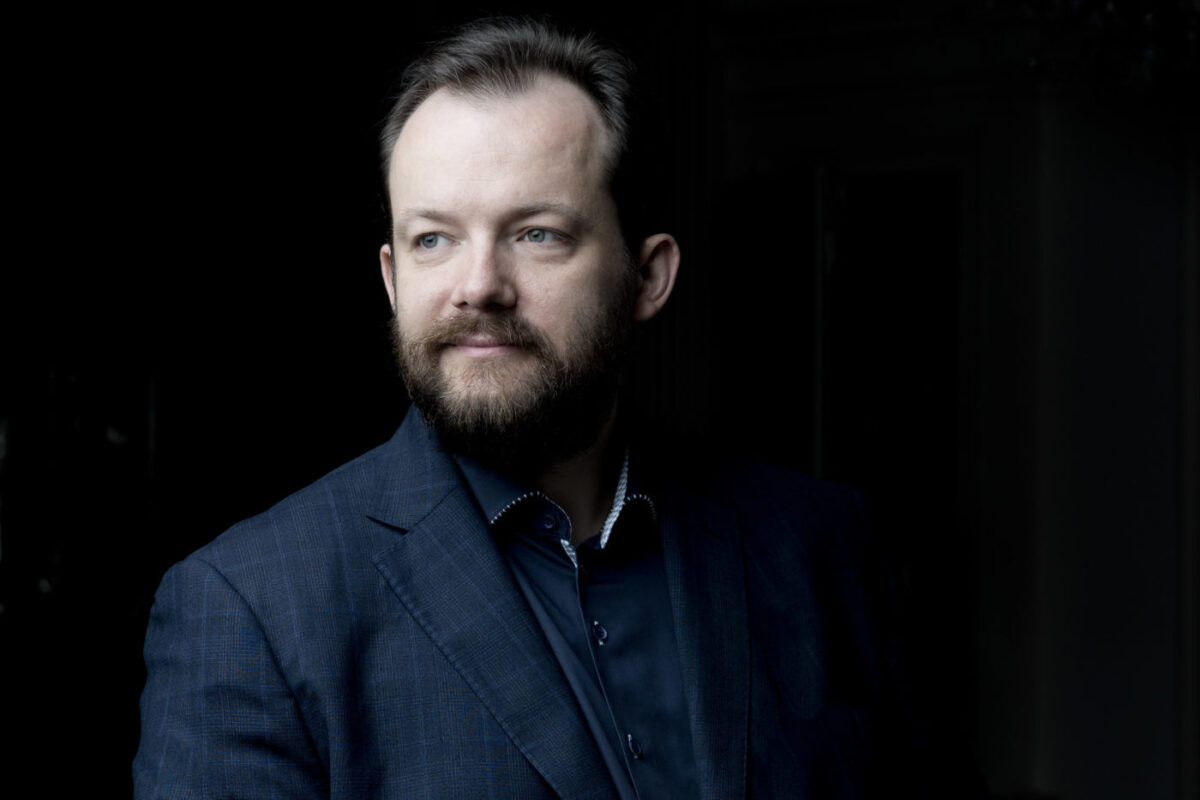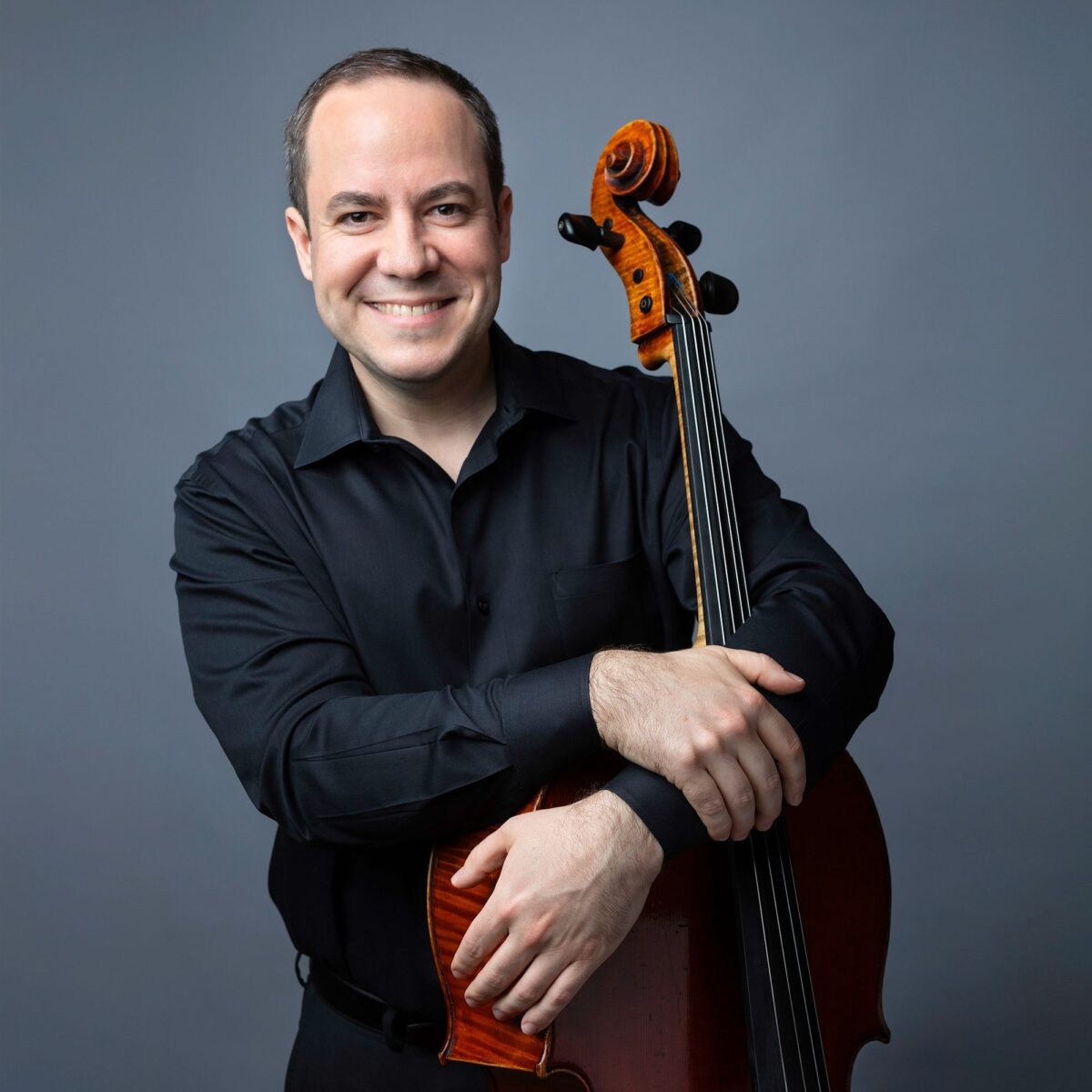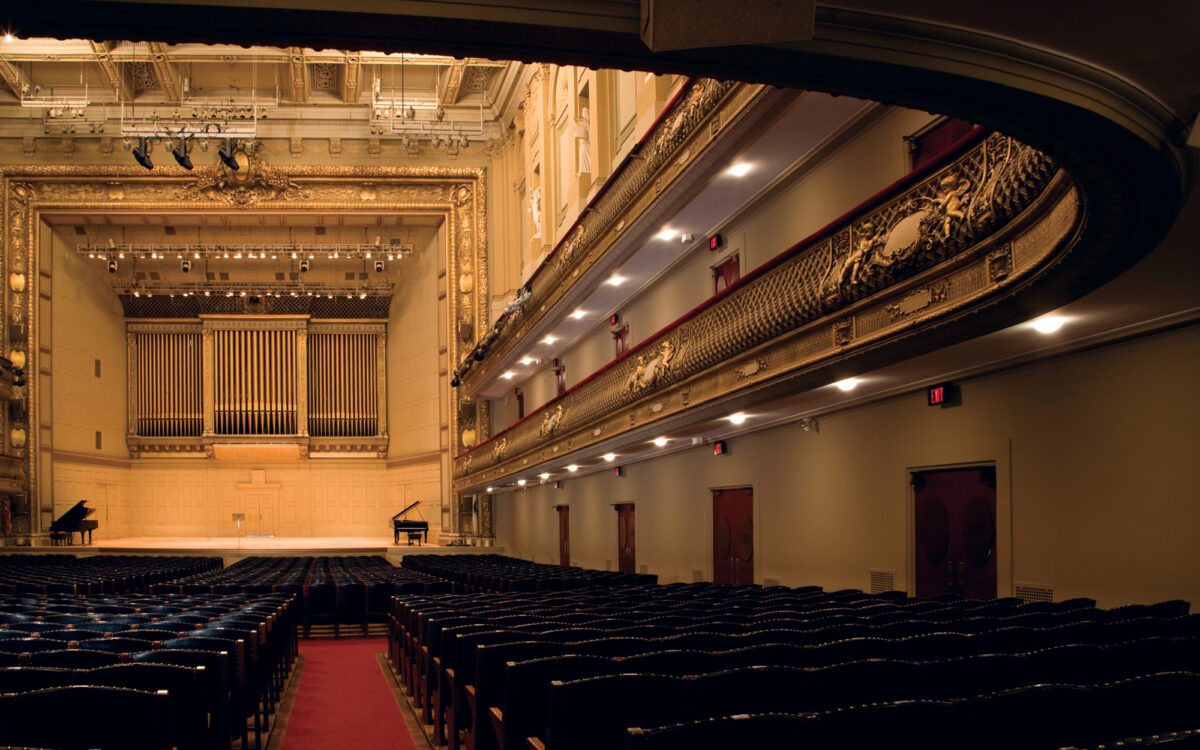Andris Nelsons conducts Saint-Saëns and Strauss with Blaise Déjardin, cello

Boston Symphony Orchestra
Symphony Hall, Boston, MA
The BSO’s own principal cello Blaise Déjardin makes his solo concerto debut with the orchestra in these concerts performing the astonishingly gifted French composer Camille Saint-Saëns’ 1873 Cello Concerto No. 1. In one movement, this compact concerto moves from exhilarating energy to great charm and finally to impassioned, virtuosic lyricism.
The orchestral interludes from his 1924 opera Intermezzo are self-contained miniature tone poems of great dramatic effectiveness. The gorgeous “Dreaming by the Fireside” depicts a woman’s yearning for her husband, who is a musician on tour—part of the autobiographical plot of the opera. Strauss’s absolute mastery of the orchestra is put to very different use in the tone poem An Alpine Symphony, which musically illustrates nature in all its glory via the climb and descent of a mountain in the Alps.
Regrettably, soprano Marlis Petersen has had to withdraw from her upcoming appearances with the Boston Symphony Orchestra, April 28, 29, and 30, at Symphony Hall, due to COVID-19 travel restrictions. In lieu of the works by Richard Strauss Ms. Petersen was to perform, these concerts will feature BSO Principal Cello Blaise Déjardin performing Saint-Saëns’ Concerto for Cello No. 1 in A minor, Op. 33.
Performance Details
Apr 30, 2022, 8:00pm EDT
Program Notes & Works
“Dreaming by the Fireside” from Four Symphonic Interludes from Intermezzo, Op. 72
Of the Interludes from Richard Strauss’s opera Intermezzo, the gorgeous “Dreaming by the Fireside” is the most lyrical and contemplative.
Concerto for Cello No. 1
Composed in 1873 for the cellist Auguste Tolbecque, Camille Saint-Saëns’s Cello Concerto No. 1 moves from exhilarating energy to great charm to impassioned, virtuosic lyricism.
An Alpine Symphony
The last of Richard Strauss’s tone poems, An Alpine Symphony musically depicts a mountain-climbing expedition from the composer’s childhood and reflects his “adoration of eternal, glorious nature” as well as the influence of Nietzschean philosophy.










